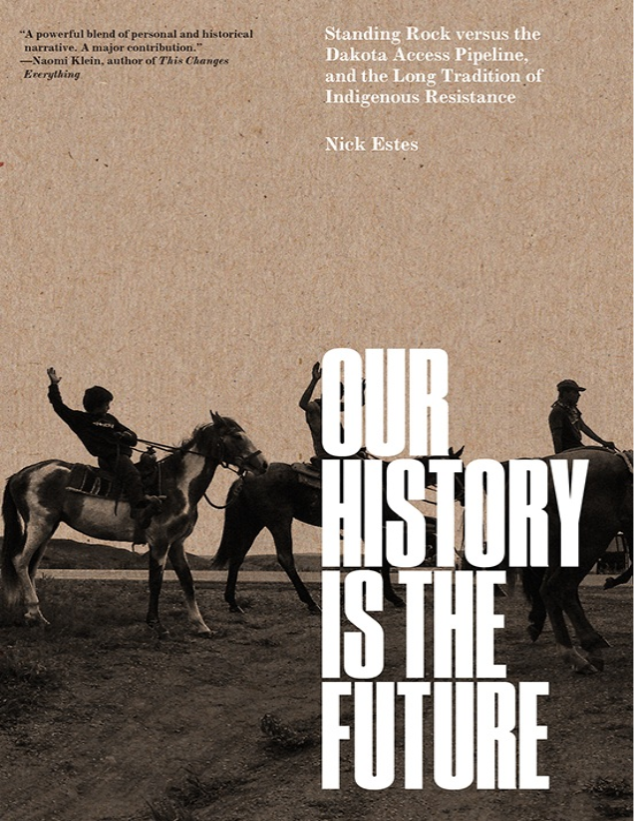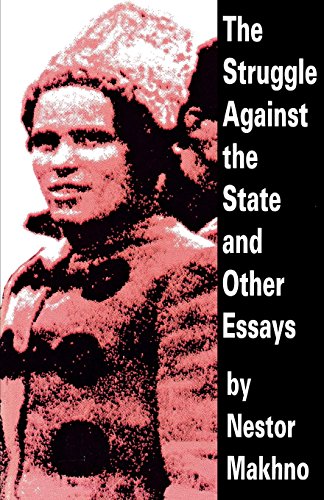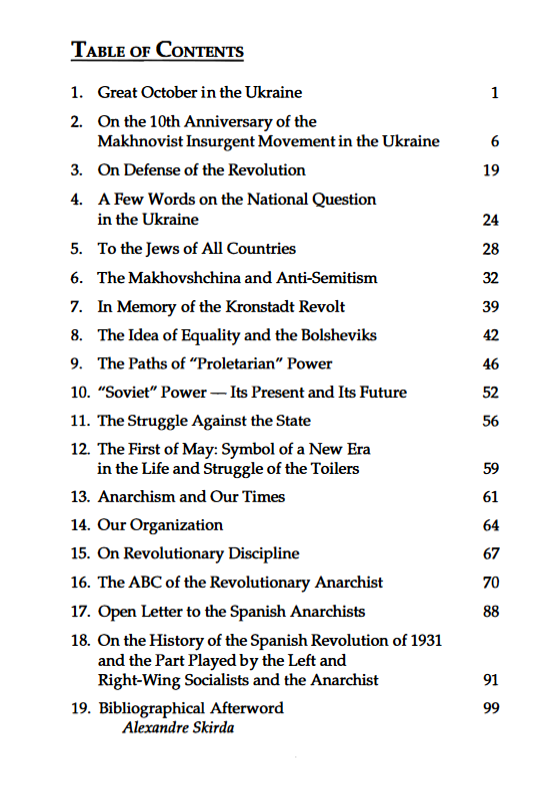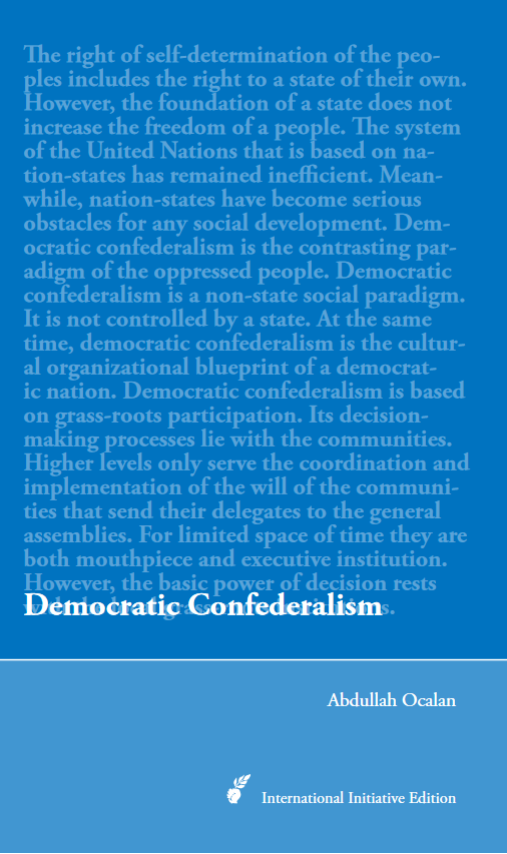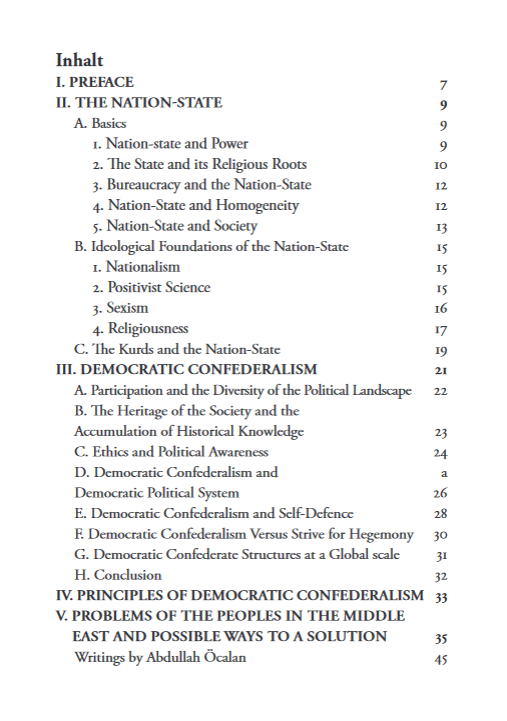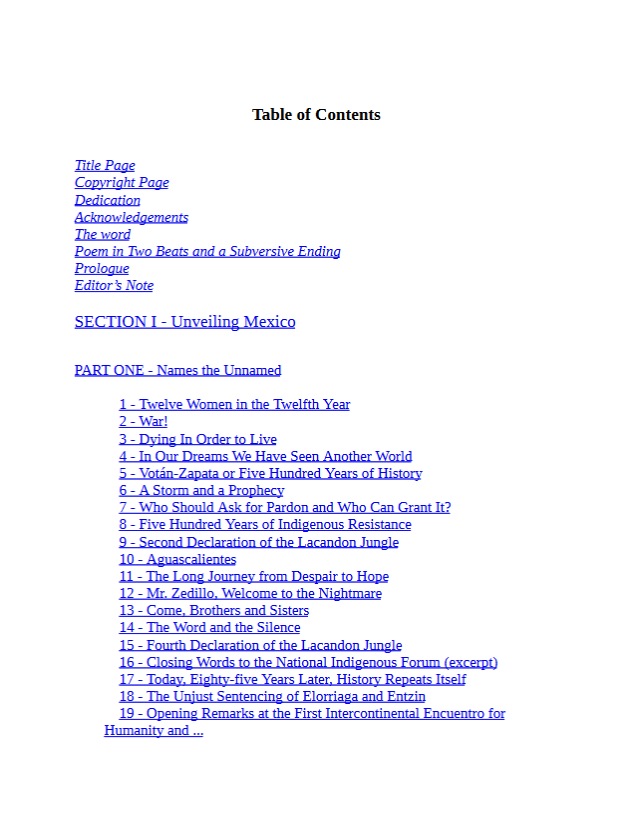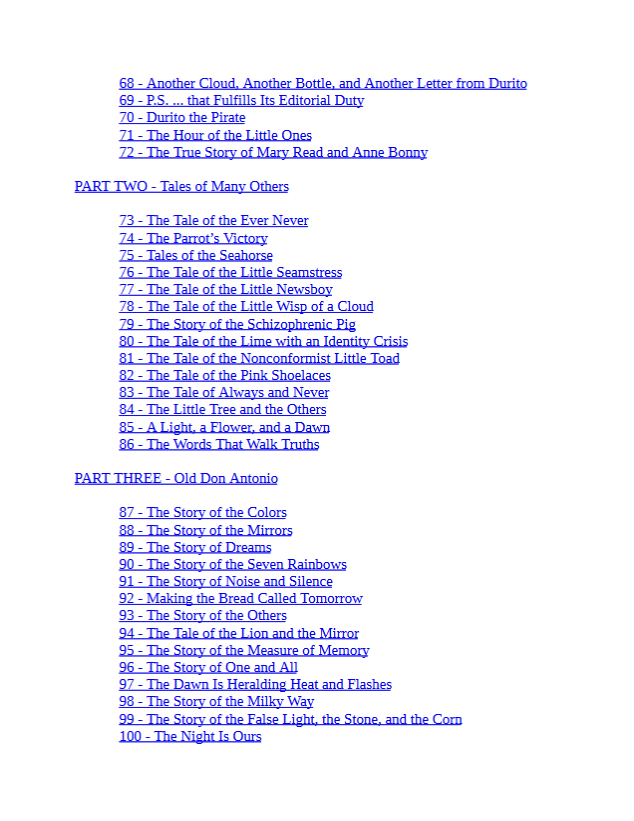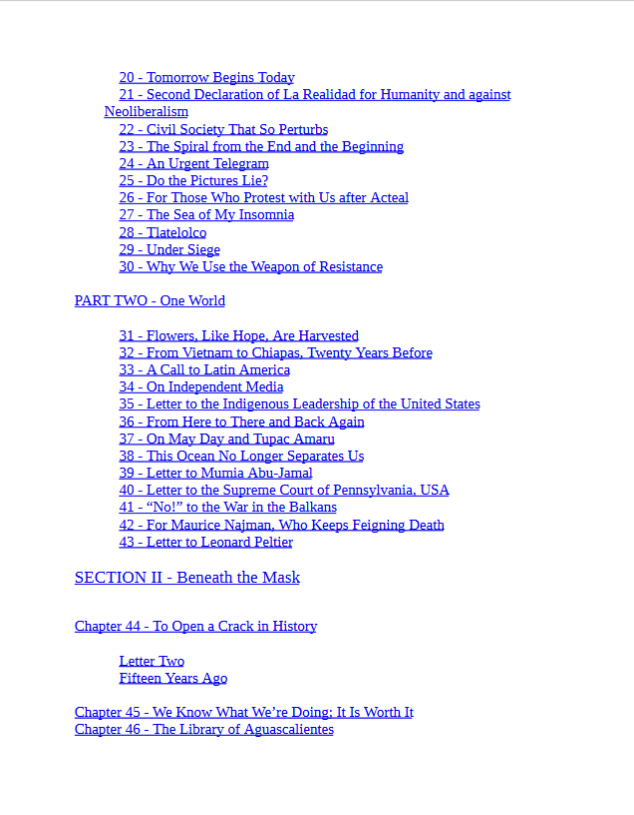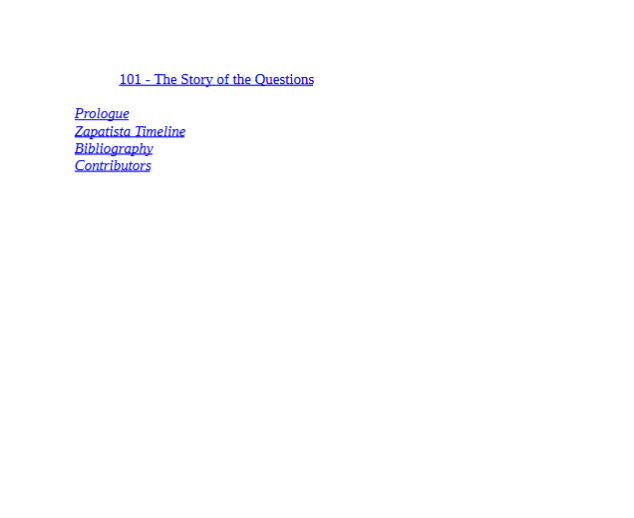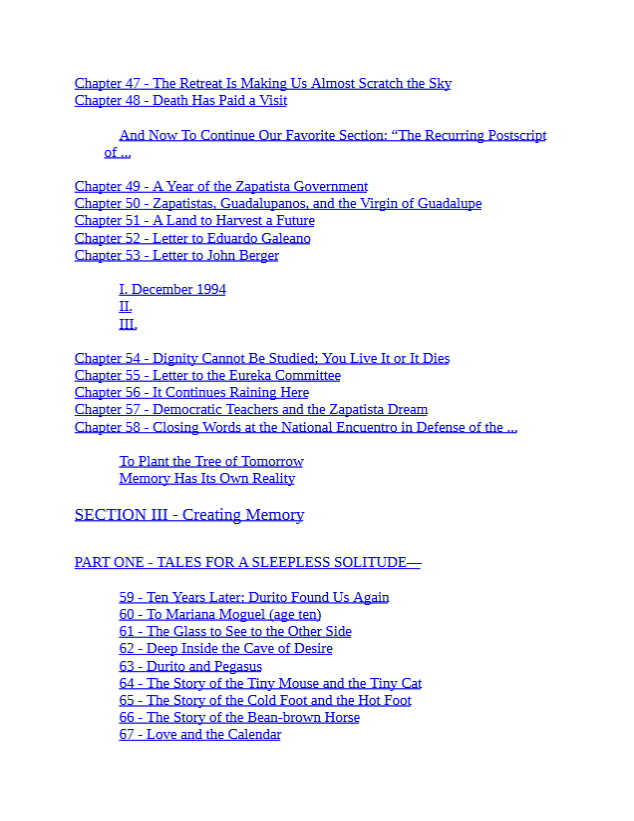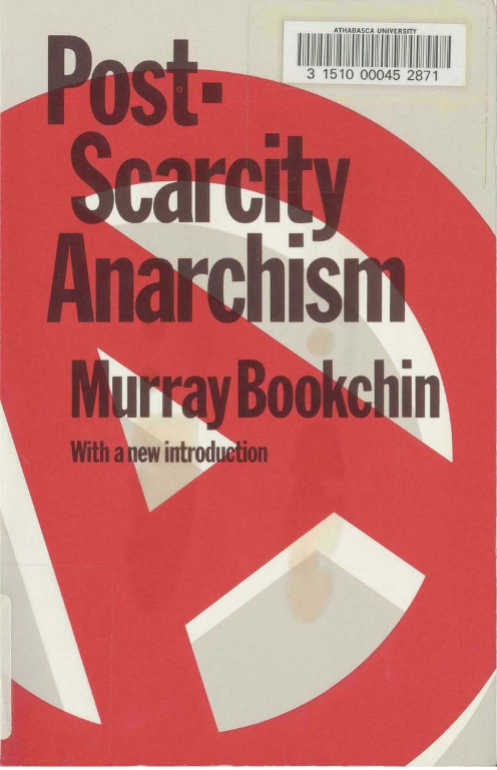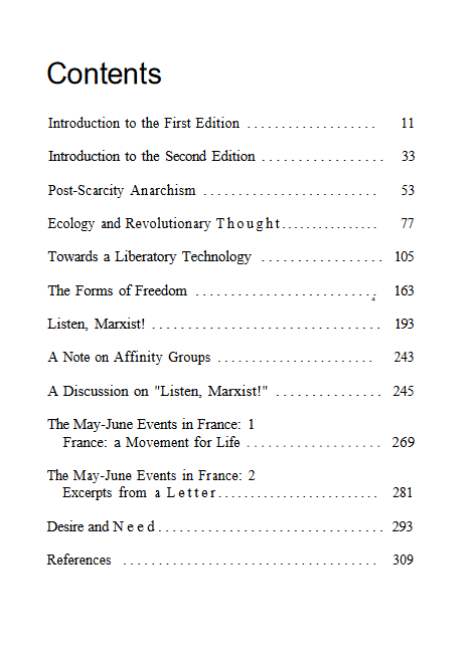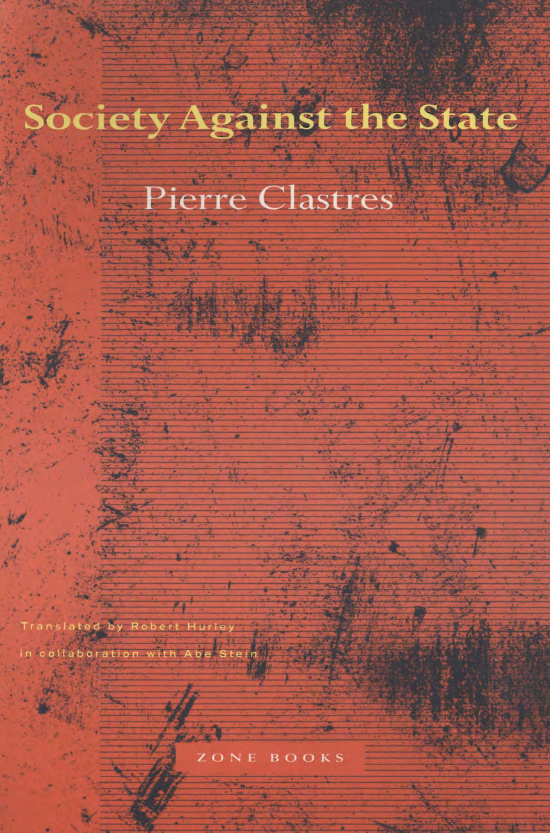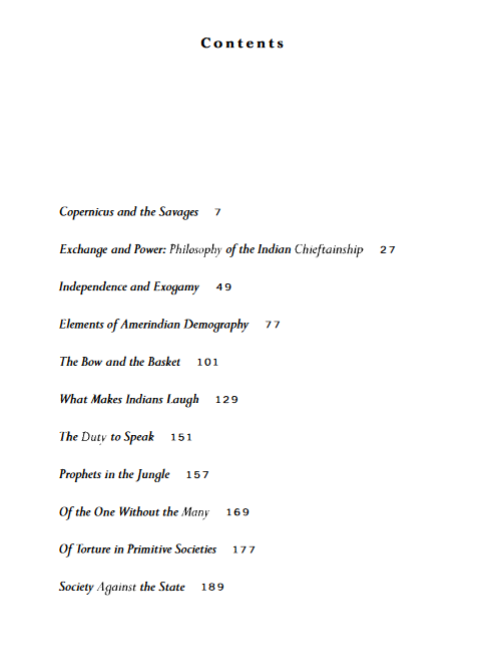Standing Rock versus the Dakota Access Pipeline, and the Long Tradition of Indigenous Resistance
Author(s)
Contents
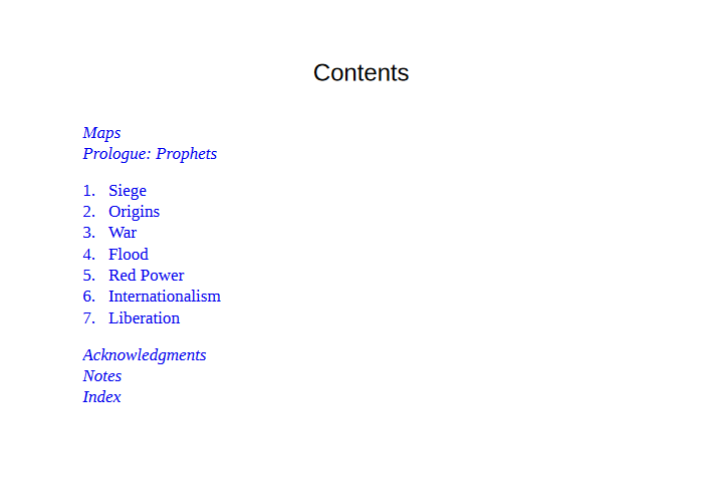
“Thanksgiving is the quintessential origin story a settler nation tells itself : ‘peace’ was achieved between Natives and settlers at Plymouth, Massachusetts, where Mayflower pilgrims established a colony in 1620, over roast turkey and yams.
To consummate the wanton slaughter of some 700 Pequots, in 1637 the governor of the Massachusetts Bay Colony, William Bradford, proclaimed that Thanksgiving Day be celebrated ‘in honor of the bloody victory, thanking God that the battle had been won’.
Peace on stolen land is borne of genocide.
[…] But as colonialism changes throughout time, so too does resistance to it. By drawing upon earlier struggles and incorporating elements of them into their own experience, each generation continues to build dynamic and vital traditions of resistance. Such collective experiences build up over time and are grounded in specific Indigenous territories and nations.”
Nick Estes
Leave a comment below with a valid email adress (it will not be published) to request this book.
